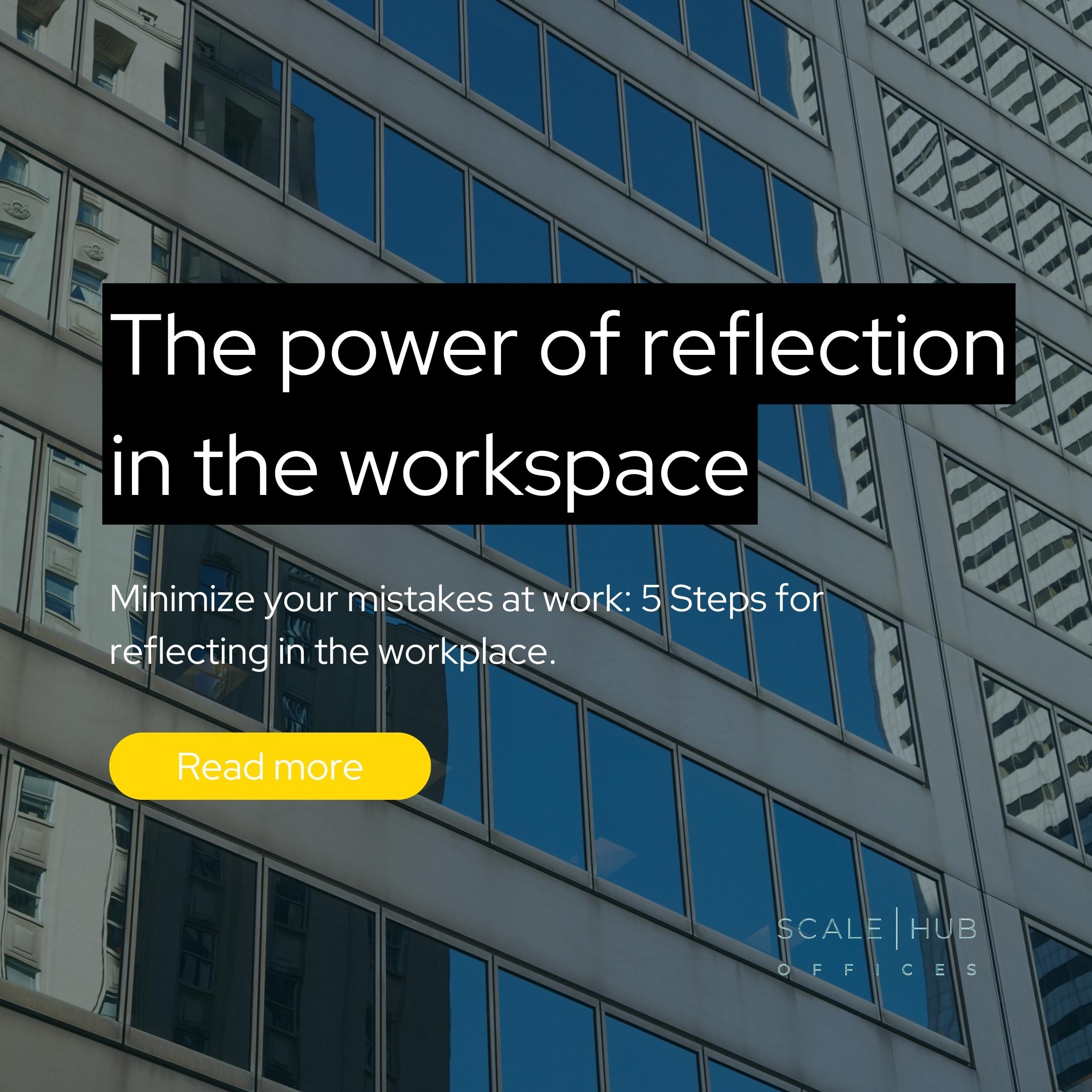
In today’s fast paced world, time is everything. Life moves fast and we just move with it. We tend to work harder or longer hours to just get everything done or even just out of the way. We keep going, often because we feel it’s what we have to do. But when is working hard ever really hard enough, there’s always more work, especially if we keep on pushing boundaries? Are we working hard if we manage to reply to every email, manage to make every deadline, and succeed in granting every request? And within what time frame should we deliver?
We take pride in being labeled as a hard worker. But what does that even mean? Always making more of an effort than others? Skipping breaks, eating behind our desks, skipping time to relax and even sleep, working on our days off and weekends, bringing our laptop on our holidays?
Stop!
Stop to think.
Not only to ask yourself if all of the above applies to you, and if you think this is the right way to go. Stop to think because it is actually better than to keep on going.
Research has shown that focusing only on doing can be counter-productive, resulting in poorer work performance. Instead you should pause and reflect on goals and decisions, it will improve your work quality, performance, and all-round sense of well-being.
So, if you want value for your time: harness the power of reflection. It will do magic for your work life. Even if only by going over these three simple questions before you move on to the next meeting or project on your calendar:
What value did I just add?
What gaps and mistakes can I identify?
What could I have done better?
Want to learn more? Read on.
What is reflection again?
Generally, reflection is the act of thinking back or analyzing a past situation or event. It involves evaluating and assessing experiences, their causes, effects, and implications.
When it comes to work life, reflection has to do with thinking about the work you do daily and why you’re doing it the way you are, or why you are doing it at all. It involves analyzing the impact of your work on yourself, your colleagues, and your customers. How can you get more out of your work and become better at what you do? Learning from your mistakes, and successes alike, to grow, develop skills and work better.
If you become a pro at reflecting, you’ll see patterns in your past performances, you will note your inconsistencies or inadequacies, and make adjustments to improve.
Practice reflective thinking
Many businesses and organizations are adopting reflection as a strategy to help their people work better. The ability to reflect or evaluate can be a major game changer in executing projects, obviously: it helps the organization plan for the next project better. Yet all too often we move on to the next project without reflecting on what we’ve just delivered, because well…there’s heaps of work waiting for us.
The first thing to note about reflective thinking is that it takes practice. Not only the how to but also to get it into your system, to use the power of reflection by default. It requires you to slow down, pause and reduce the information you take in.
Once you do this, you need to ask yourself key leading questions. These questions guide your thoughts and can help you think in the right direction.
Researchers and theorists over the decades have developed models that can guide the flow of your thought process when self reflecting. These models have the key questions you need to ask yourself. We are not going to highlight them here but if you are interested in taking a deeper dive, we suggest you look for Rolfe’s model, Gibb’s Model and Boud D.’s model.
Steps for reflecting in the workplace
To put the reflection into practice at work, there are simple ways to go about it.
1. Review your thoughts in a quiet space
You need a quiet environment to reflect properly. One strategy is to “stay behind” after a meeting is over and take 5 to think. You can also take a break in the restroom and reflect there, or while at lunch, whatever suits you. What’s important is that you feel at ease.
Avoid distractions in the form of your phone, other people, etc. Pro tip: go to a place with dim serene lights. It creates a mood that is great for reflection. Being surrounded by nature is also a great spot for reflection and inspiration.
Sometimes, however, it’s not your environment but your mind that won’t shut up. So you’ll also need to learn to quiet your mind and focus.
2. Record your thoughts by journaling
Journaling is an important technique that’s quite underrated. The benefits of journaling are massive. Not only are you recording your events, but you’re also keeping track of them. You can measure your progress and reference past events easily.
Your journal is your personal space where you can write all you need to, releasing your thoughts on paper. By writing down your thoughts, you become able to see and understand them more clearly and even come up with better conclusions.
3. Schedule a time for reflecting
Be willing to sacrifice 5 minutes of your time to stop and think. Now you might say, “thinking sounds like mental stress, why don’t I just use that time to get some actual work done?”.
Well, reflection isn’t as mentally tasking as you may think. Instead, it’s a relaxed way of thinking back to draw valuable lessons. It even helps in motivating you for the task at hand. That way, you don’t end up starting a new task all beat from the mistakes of the last one.
Also, by scheduling time for reflection, you can better focus on the current tasks. You can simply push away any concerns, worries or thoughts you may have while working: there will be time for all that later.
So, to begin with practicing, schedule a few minutes of your day for reflection. And go with a time you are most relaxed so you can steer your thoughts in a more positive direction.
4. Decision making: examine, imagine and action.
As a part of reflection, going over the decisions you’ve made will help you understand the pattern and what led to those decisions. An even more pro level would be to imagine and analyze the alternatives. This will help you to become more creative in your decision making and be better prepared for future events and opportunities. And if the whole point of reflection is to make better decisions, don’t forget to act on your learnings.
5. Reflect on things to be grateful for
As humans, we have a tendency to be hard on ourselves when we reflect, or only spot our mistakes. Logical, because we want to do better. This is why an important part of reflection is that you think on things you’re grateful for.
Ask yourself, what am I thankful for? This will help you to push back negative thoughts and feelings, and hamper your effectiveness at work.
The power of reflection
It all sounds simple enough, doesn’t it? Well, it is simple. However, most people find it easier to just keep going. It takes actual practice and commitment to nail the art of reflection; you have to be conscious about it before it can become a skill.
Remember, the more you are able to reflect, the less mistakes you are bound to make. Insights gained through reflection provide an opportunity to learn more about yourself and what you need to grow personally and professionally. For some last motivation: Reflective thinking also helps you to let go of stress and get the motivation you need for your next task!
So do yourself a favor, stop to think. You’ve got the power!



